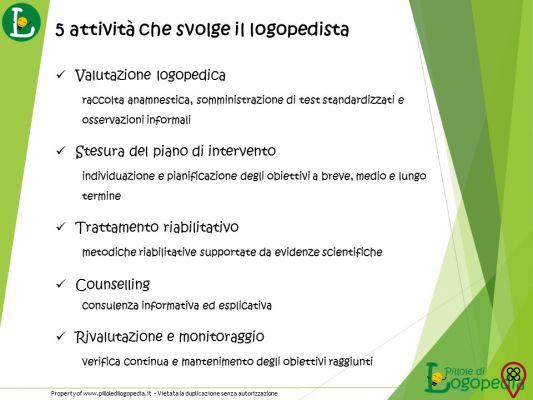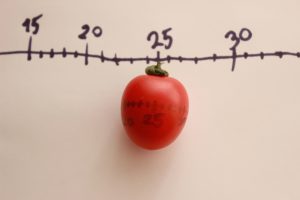AFTER ALL, WHAT IS HOMEOPATHY?

The word “HOMEOPATHY” comes from the Greek homoispathos, where homóis = similar and pathos = suffering, disease.
The oldest mention of treatment by the law of similars was found in a papyrus from 1500 BC, but it was Hippocrates (460-350 BC), a Greek physician considered the Father of Medicine, who introduced the methodical evaluation of signs and symptoms as a fundamental basis for diagnosis.
For Hippocrates, treatment consisted of three basic principles:
- Natural Law of Cure – “Natura Medicatrix”, nature takes care of restoring the patient's health;
- Law of Contraries – “Contraria Contrariis” (Allopathic Medicine);
- Lei dos similantes – “Like cures like” (Homeopathic Medicine).
It was in the XNUMXth and XNUMXth centuries that the German physician Samuel Hahnemann, considered the Father of Homeopathy, formulated for the first time in the history of medicine the homeopathic laws and principles that govern health and illness:
- The Principle of Similitude - "Like is taken care of by like";
- Experimentation in the healthy individual;
- Streamlined and individualized medication;
- Any substance that can produce a totality of symptoms in a healthy human being can cure all symptoms in a sick human being;
- Symptoms are developed by the body to bring itself back to homeostasis. Each symptom has its modality and intensity;
- The correct homeopathic remedy supports the defense mechanism by providing extra strength to fight the pathology. This occurs through the development of the same symptoms, which means that the remedy will worsen the symptoms.

You might also like:
- Reiki for Health and Well-Being: Relief of Depression Symptoms
- Forest Medicine in modern times – The Rainbow Tribe
- Trees and forests: Learn how to receive their healing energies
Homeopathy has been recognized in Spain as a medical specialty by the Federal Council of Medicine since 1980 with the title of specialist conferred by the Spanish Medical Association in 1990.
Homeopathic medicine is a therapeutic modality that understands and treats the SICK – DISEASE binomial. Homeopathy values the particularities, the uniqueness of the individual, analyzing in an objective and subjective way the signs and symptoms, at the Physical, Emotional, Mental and Spiritual levels, these levels are not separate and distinct, on the contrary, there is a complete interaction between them.
An individual is emotionally healthy when most of the day he has positive feelings and emotions:
- Love (≠ hate);
- Compassion (≠ indifference);
- Joy (≠ Depression);
- Anxiety, Irritability (≠ Serenity).
Very often negative feelings disappear after homeopathic treatment.
On the mental level we have thoughts, it is a deeper, more serious level of illness.

Quality of a healthy mind:
- Coherence: thoughts appear in sequence, logically (≠confusion);
- Clarity (≠ lack of clarity);
- Creativity (≠ destructiveness);
Destructiveness is a sign of a major illness.
In dealing with the human being, with the subtle aspect of the BEING, which can be strongly disturbed, the homeopathic physician must assess these levels of health or disease to determine the progress of his patient.
According to Prof. George Vithoulkas of the International Academy of Homeopathy, whom I revere for being a great teacher, Homeopathy is a living and dynamic science and can only be effective when it becomes a living and vibrant knowledge in the mind and heart of the homeopath.

























